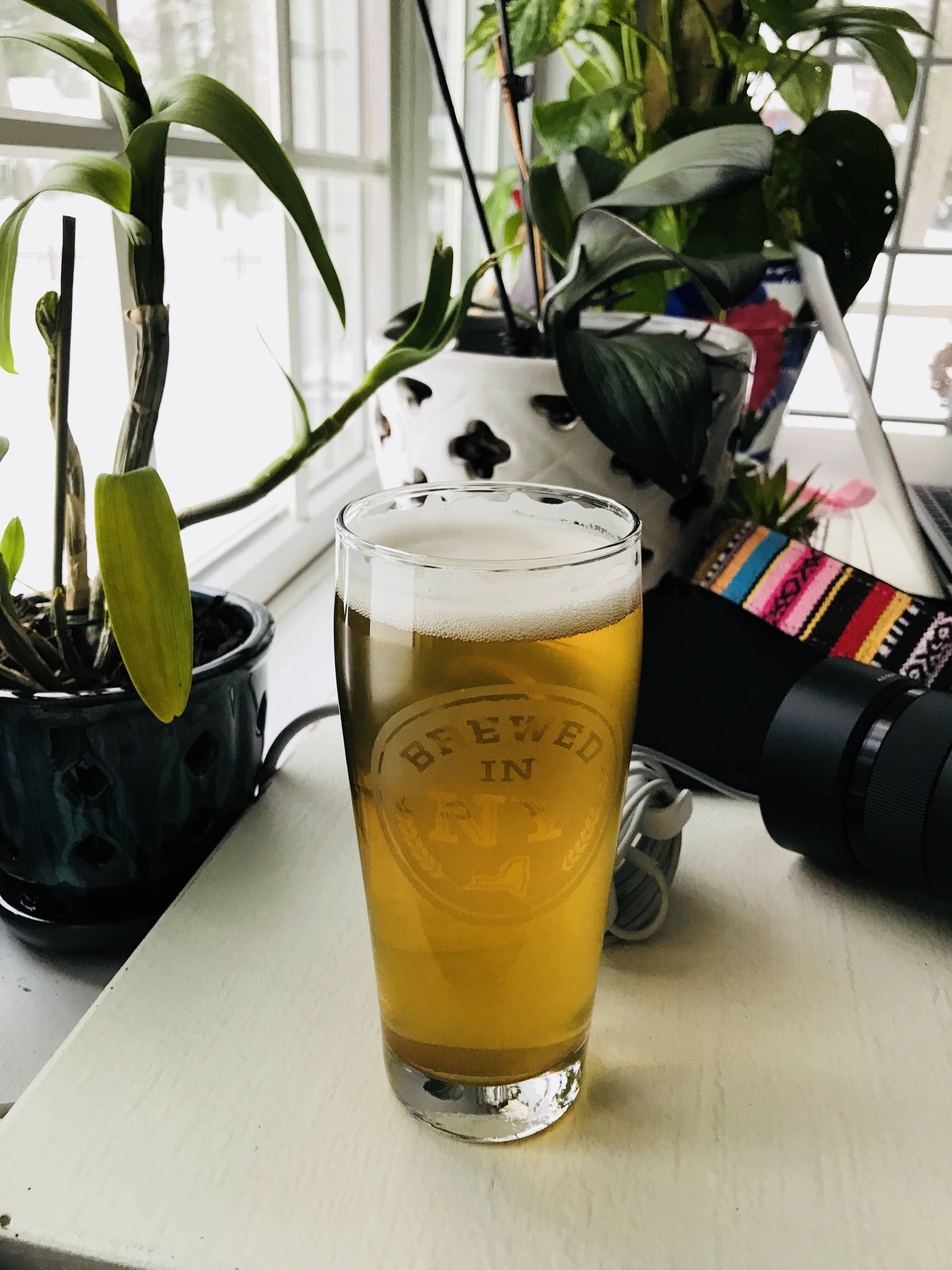Dgallo
Instagram: bantam_brews
@ttuato and others that saw a post I made this past summer about a keg dropping completely clear. My first theory was using malted wheat verse my traditional bill. Then I started to think it was due to moving my keg in the car to the bev center to can, theory was that the proteins that flocced got resuspended and attracted more proteins to them and dropped more out. This theory seemed like a stretch but this weekend I moved a keg of a sour double ipa and just took my first pour from it since then and it is absolutely clear. Looks like resuspending trub can cause a beer to drop clear.
11-27-19

12/05/19

11-27-19

12/05/19






















![Craft A Brew - Safale BE-256 Yeast - Fermentis - Belgian Ale Dry Yeast - For Belgian & Strong Ales - Ingredients for Home Brewing - Beer Making Supplies - [3 Pack]](https://m.media-amazon.com/images/I/51bcKEwQmWL._SL500_.jpg)




































